A Journey on Mountain Bikes from Novosibirsk Siberia to Everest Base Camp via Mongolia, China, Bangladesh, India and into Nepal.
“If we had have made the appropriate tyre choice before we left, we probably would have saved a month off our trip! .... You’d wash yourself by moistening your sock to wipe all the dirt off, then eat your two minute noodles .... I snapped my derailleur hanger, we got to the next town and found a steel works, so we made some steel ones! That’s the thing with bikes for me, it’s freedom, it’s pure freedom, that’s what I love about them.””
Siberia and Mongolia's tortured unforgiving landscapes enclose the birthplace of the nomadic Iron-Age Scythian horsemen. When archaeologists unearthed these early nomads from their icy burial barrows high in the Altai mountains, evidence revealed that the first of this worlds nomadic horsemen lived and died a life of epic proportion. Taking with them, their homes, horses and wives into the next ethereal journey.
Dylan "Dyl" Phillips and Trent "Cavey" Vaschalde, couldn't have chosen a more fitting route for their mountain bike adventure of it's own epic proportions. Blasting off from Novosibirsk in Siberia straight through the high Altai mountains - home of the original horse mounted Scythian nomads.
Central Asian and Siberian nomads have a tradition of reciting epics, Siberian Yakut nomads recite the Olonko and the Kyrgyz the Epic of Manas. This modern day nomadic - Mountain Bike Adventure - is deserving of it's own Epic recital. A journey endured with dehydration, borderline malnutrition and sickness. Multitudes of punctures, mechanicals, a bar fight, animal attacks, freezing conditions and endless kilometres into the wilderness of human endurance and of course encounters with nomads. Nothing ever goes to plan .... on this epic ride to Everest.
Here Dylan Phillips shares his version of this titanic journey.
How did the idea for your extreme nomadic mountain bike journey, through remote landscapes come to you?
There were two of us, I grew up with this guy, Trent "Cavey" Vaschalde, we met each other when we were about twelve when we were at school. I geuss we're like brothers, he'd done a lot of travel in places like India and Nepal. For example he'd bought a Royal Enfield and did five thousand kays through India on that. When he came back from that I said 'oh we should go do something crazy together'. I was turning thirty and was having a bit of a 'oh I'm thirty what have I done with my life up to now moment'. So we thought we'd do something a bit crazy and a bit out there, something that's going to really test our mettle. We thought let's do something on bikes because motor bikes are too easy. So we basically threw together a list of countries we'd like to see and places that we wanted to go to that were going to be tough. Also we wanted to do something that was unsupported and self powered. I'd always wanted to go to Russia when I was younger, Mongolia looked awesome. When we had the list of countries, we spent about a year organising it and then we kinda took off.
On June 14 2007 we flew from Australia to Thailand and then straight to Moscow. Stayed a couple of days in Moscow which is really cool and then jumped on the Trans Siberian Express. It took a whole day to even organise the ticket. It was almost impossible. A Russian guy who could speak English helped us and even with his help it took a couple of hours, we were just going from one window to the next at that station. If you book it from Australia it costs a lot of money, it's super super expensive, so we went on cattle class. It had been pouring rain and I had a handfull of rain soaked rubles to negotiate with. Finally we were on the train it was an adventure in itself for three days, just crammed in these little sleepers, going through the countryside of Russia and Siberia. You know you stop at these stations and there's kids selling salami's and beer, it's awesome, you just jump off, go buy something and jump back on and eat it.
What was your destination?
Basically we were heading from Moscow to the centre of Siberia. Novosibirsk, it's a really nice city, the third largest in Russia. That was where we'd start riding. We stayed there for about a week, just doing some final gearing up and getting ready, we made friends with some people who we ended up staying with. Then we jumped on the bikes and started. That was our first fully loaded experience of riding in peak hour in Novosibirsk. It was a bit hairy, I think I rode about three metres and everything fell off the back of my bike.
Did you have an exact route mapped out?
The idea was to climb the Altai mountains, strike out into Mongolia from west to north then traverse the Gobi desert and on into China. We wanted to be totally self sufficient from Novosibirsk to our finish point which was Everest Base Camp. The name of the project was Ride To Everest. We were sponsored by GT, K2 and a whole heap of other brands. We had a pretty rough route mapped out in our heads, we'd kinda plan it every day and research it and try and find out a bit more about what lay ahead, what the terrain was like and local knowledge. Nomads sometimes sent us on "scenic detours", far from our planned route. Although annoying, these detours lead us to some of the most stunning scenery in Mongolia. We did have a GPS, but we didn't use it much, back then it was unreliable (2007). We ended up using compasses and maps, we found them more reliable. Once we got going we headed for the Altai mountains, which picks up pretty quick from where we were. We tried to get some training in before we went, we were so busy organising the trip by the time we started we were not very fit. It was a shock to the system. Just pushing that amount of weight every day. As well as the 50kg of gear each, we had food and water on top of that! We began to sell things, send things home, or give away things we didn't need.
What gear did you take?
The bikes were in boxes, we had a lota gear, probably about 50 kilo's each of bike and gear combined. As you can imagine we got hit pretty hard with excess baggage, but we had things like the boxes, bikes, all our camping gear, clothes for hot and cold weather. The mattresses we were using had goose neck down, they were rated to minus twenty and the sleeping bags were also rated to minus twenty. We also had to carry a lot of warm gear because of the extreme cold, layers and layers. Had a laptop, had big solar panels and an inverter. We had two video cameras as well, still cameras and a tripod. This included a Pelican case to keep the handi-cam's dry. If it was in 2012 we'd have used a Go-Pro cam or something similar. It's only 2007 we're talking about and technology has completely changed, if it was now we could have just taken an i-pad. We also had spare brake pads, a brake bleeding kit, spare tires and tubes, different tires for different terrain, spare chains, velcro straps. We had a medical kit too.
My mates hub collapsed in Mongolia, we rocked up in this tiny one horse town, we ended up getting some car bolts and nuts and modified the hub. We pitched the tent and it took us hours and hours getting it right. He rode the rest of the way on that hub and it's still running like that now. We were always fixing things. Apart from broken spokes the only other major mechanical problem was at about ten days from the final destination, I cracked the chain stay, it finally succumbed to the weight. Plus the bikes had been buried in snow and subjected to minus thirty at night in Mongolia. I braced the broken frame with some allen keys and some medical tape, it worked. We also had to do a lot of repairs on bags, mattresses, tents and sleeping bags, they were wearing out from vibration and the terrain was so harsh. So you could be self sufficient no matter where you were?
Yea and we had a website, we were doing a story for Australian mountain bike mag, so we needed to be kinda updating things which was really difficult. It proved to be pretty much impossible, back then anyway, this was like 2007, it'd be a lot easier to do it these days.
Tell me a bit about the bikes you chose to ride, how were they setup?
They were GT Avalanche mountain bikes, we opted for mountain bikes because of where we were going. They were hard tails with front shocks.
How did the forks handle the beating, did they require any servicing?
They were fine. We had racks on the back and handlebar bags on the front. No racks on the front and we tried to keep it as stripped back as possible. We also had Ortlieb waterproof bags fitted to the rear racks.
So most of the load was over the back wheel, did that prove to be workable?
It was a bit difficult over steep hill climbs where your front wheel was inclined to pick up, we overcame that by carrying water up front.
What about the rear wheel, did tyres and tubes wear out faster with the added weight?
My mate was a bit heavier than me, the first week he kept blowing and replacing spoke nipples. The rear wheels did take a beating, punctures was the big thing. We probably made the wrong tyre choice. Once while bombing a massive downhill we passed a couple of 4 x 4's. My mates loaded rear smacked a deep narrow washout, Bang! Later we sussed out the damage, the rim looked like something you'd pull out of a chip packet. Cavey being the "spoke master", sorted it in a couple of hours.
If you were going this week what tires would you choose?
We were sponsored by Maxxis which are awesome mountain bike tyres. However we chose the wrong type of tyre for the terrain we encountered, which proved to slow us down. There were days where we'd get five punctures even before lunchtime in Mongolia. We'd get thorn cuts and occasionally pinch flats when we were covering really rough terrain, Mongolia is probably 90% dirt. Lots of thorns in the Gobi so you wouldn't even roll your bike anywhere near the grass! In China there's a lot of shrapnel on the road, little bits of steel. It's probably industrial, there's just a lot of it on the roads. We met this French guy who'd been touring for three years by himself, he'd done forty thousand kays mainly in Tibet, he was using specially designed tyres. We also met another couple from France who were using the same tyres as the French guy. You'd hear stories of people going five thousand kays on those tyres without getting a puncture. For touring, looking into the alternatives for tyres before you travel is an important step. If we had have made the appropriate tyre choice before we left, we probably would have saved a month off our trip!
So if someone comes into Soigneur Bicycles and wants a puncture fixed they're in expert hands.
NO ha ha.
How did you handle carrying enough water and food in remote locations?
In Russia we didn't need to carry too much food and water, yet in Mongolia we had to carry all our food and water there might be no water for say the next 150 or 200 kays. You might only cover forty to sixty k's over corrugated roads. The bikes almost became un-rideable once we loaded them up with that much weight in water. Also we had a water purifier so that we could source water from creeks.
We did run out of water at one stage. A lot of the creeks were bone dry, so when we ran out of water my mate got really sick, he just lay down on the ground, he couldn't move, even though I was yelling at him saying we need to keep going, we're not going to get any water. We didn't know it at the time but luckily we were pretty close to a little settlement where we met some nomads who had a well. Sickness was like an unrelenting unwelcome visitor. From continuous crapping, vomiting and severe stomach cramps through to dehydration and borderline malnutrition.
Food and water was the biggest challenge in Mongolia. We were living on 2 minute noodles because they are lightweight. We just ate them dry, didn't even boil them. You'd ride all day in forty degree heat, so you'd ration your food and water, then get to the end of the day and set up your tent. You'd wash yourself by moistening your sock to wipe all the dirt off, then eat your two minute noodles. Water was also an issue in China, we'd be riding along and your water would freeze so we'd have nothing to drink.
Did you have to ride across ice?
In China we were riding on snow and ice. We rode across the border in Mongolia through the Gobi into inner Mongolia and as we kept going south to China the snow started. It turned out they had their worst winter for about fifty years, nearly Christmas 2007. We were stuck in it. Obviously ice is slippery, so we had a few good offs, a few good slides down the road. Most of the time it was minus ten during the day. Depending on whether we were in the mountains or not we were still covering between forty kays to 100 plus kays a day. If you go up a 3,000 metre mountain in the snow and ice your derailleur is freezing up, the jockey wheels just freeze solid. One time I snapped my derailleur hanger, and we'd left the spares at home back in Australia!
How'd you get around that?
I just turned it into a single speed. We got to the next town and found a steel works, so we made some steel ones. When our chains broke we kept shortening them. Sometimes we'd get hot water and pour over our derailleurs.
When you found a creek or a stream you'd be diving straight into it?
Yeah always. In China we'd literally be black at the end of the day from all the coal dust in the air from coal burning, probably Australian coal. That hit me, the environment and what we're doing, it motivated me to come back home and want to see more people on bikes.
How did you keep the bikes clean, did you just throw them in a river when you found one?
Yeah just throw them in the river or pull into towns. In China we'd find hoses, we'd wash our bikes and literally, we'd draw a crowd with people watching us wash our bikes.
What about wildlife, did you have any dangerous encounters?
We had a snake under our tent in Mongolia and the tent got attacked by goats, yeah they were trying to eat it. They just started gnawing through our $800 tent, one put a horn through it. The goats belonged to the Mongolian nomads. Lots of dogs chasing us, Mongolian dogs are absolutely crazy. Mongolian dogs aren't used to pushies, they usually only see people on horseback , so dogs would chase you for half a kay. Other damage included a bear mauled Gore Tex jacket and a ripped shirt in a bar fight.
You wouldn't out sprint them in all that sand with the weight you were carrying!
Nah, they'd just chomp on your leg!
Did you stay with nomads?
We didn't stay in the gers, it's funny people always talk about being invited to stay in gers but we didn't really find that. (A ger is a portable felt covered dwelling supported by thin timber hoops and poles, used by Turkic - Central Asian and Mongolian nomads.) We always camped nearby. When my mate was sick, he just laid there pretty much for two days and couldn't move. I got to know the nomads then, I was getting some food off them. There were whole family's living in the gers and out of respect we'd stick to ourselves. The thing that struck me was the people who had the least were the most generous, you'd be riding along and someone would stop you and have a chat and bring out say cheese.
Riding a bike you get to absorb everything, it's just such a great way to travel. It's a bloody hard way to travel, but super rewarding, just an awesome way to travel, we lost so much weight. On the bike you're going so slowly people can actually stop you and invite you into their homes - have a shot of vodka. You'd be cruising through the desert and this Mercedes Benz would come up with all these Mongolians drinking vodka, they'd stop and ask 'do you want some vodka'.
Where did you ride to after China?
With us we had our visas prepared before we went, because of delays some of them ran out. Originally we were going to go through the West of China into Pakistan. We tried about three times to re-apply for our visa. In the end we enlisted the help of a travel business and got the visa straight away. In the end we ran out of time, so went from north to south China straight through the middle. We ended up at Kūnmíng.
We had to fly from Kūnmíng to Bangladesh. It was really disappointing because we wanted to ride all the way and that wasn't possible. We then rode into India and on into Nepal, then along the bottom of Nepal to Kathmandu then up to the bottom of Everest where the Everest trek starts. We basically rode as far as we could, pushing, riding and carrying bikes it was hard core, and acclimatised to the altitude. The idea was to get all the way to Everest base camp with the bikes, at the time we could only get to the boundary of Everest National park with our bikes. We had to leave our bikes at the rangers hut and walked in for the last couple of days, which was really disappointing, but we still got to base camp. That was the end of the trip, it was epic.
How did you get into bikes?
My mum did up a bike for me when I was about five, a second hand bike and I've been on them ever since, even the first three wheeler thing, I used to absolutely tear around on that. That first bike my mum painted it, it had streamers, I knew then I didn't want the streamers, I knew nuh that's not on, I knew exactly what I wanted in a bike even at the age of five. I was always on a BMX until I was a teenager, I had a bright yellow Raleigh bike, a BMX when I was about eight. I had that Raleigh until I was a teenager. I remember pulling the Raleigh apart.
I got into mountain bikes, I had a Malvern Star Tarago, for me it was pretty cool back then. I was always interested in dirt bike trials on the mountain bike. When I was thirteen we moved to New Zealand and I'd just go out on a lot of long rides and just disappear. That's where my real love for venturing out started, that's the thing with bikes for me, it's freedom, it's pure freedom, that's what I love about them. You're bike was you're escape machine.
I had a road bike an old Shogun, started doing triathlons just so I could race. I used to ride to school, then we'd do triathlon club then I'd ride home in the afternoons. I kept dislocating my knee cap so I couldn't do contact sport any more, so cycling was a sport I could do safely which worked out well because I loved it. I started riding mountain bikes a lot with my mates, back in Brisbane we'd do Gap Creek and Daisy Hill, and I'd commute to work as well. Definitely my love is getting out in the bush, there's no cars, no people. I just love bikes, anything goes, road bikes, mountain bikes, track bikes, trials bikes, I grew up on motorbikes as well. After your epic journey something must have clicked to entice you to want to open a bike shop?
After ten months on the bike I went straight back to work four days after we arrived home, it was really hard to sit within four walls. It took a good two years to re-adjust. We travelled with more gear on our bikes than the total combined possessions that a lot of families had that we met in our travels. This really drove home the concept of consumerism back home, the contrast. Mass consumerism seemed so blatant when we came back, in places like Mongolia we didn't see evidence of it at all, there's no advertising. After the trip I thought I had to simplify my life, I'm not going to consume, I'll get rid of stuff, I'm not going to buy stuff, and it makes me feel sick now. The funny thing was, after a couple of weeks there was this subliminal thing going on where I felt like I had to go shopping, I don't know whether it was advertising or just society as a whole, you can't really remove yourself from it, the whole marketing machine. I didn't do it though, I didn't go shopping but that's what I felt like doing, and it wasn't anything specific, just the need to shop. This thing, you must own a house, you must own a shiny car, it's like you're competing against the next man in a debt driven society. So how'd you get started with Soigneur Bicycles in Maroochydore?
I got a bit of burn out with the day job, so we moved from Brisbane to Maroochydore, for a bit of a sea change. I saw there was a hole in the market for single-speed bikes, interesting bikes, bikes for the people. The place is nice and flat and perfect for single speed bikes, plus the beach lifestyle.
The vision is to have a store and help get involved in the scene, a place where people feel comfortable, have a creative experience, a place where they want to hang out, I think that's missing from retail. I want people to come in and go, ohh that's a cool frame. I think people enjoy going to a place and to talk about bikes and dream a bit, make it their own. They can come in and design a one off bike we can build or they can take it away and build it themselves, alternatively they can buy something straight off the floor.
Soigneur bicycles is a place where we build awareness that bikes can be fun, you don't have to have all the racy gear and be super fit to actually enjoy riding a bike, you can ditch the car and ride to work. People are complaining about the fact that there's no parking in Maroochydore, so there's already a lot of people riding to work, it's a great place to ride. We're just trying to insert a bit of cycle chic, that's what's missing. You get a bit sick of cruising around on beach cruisers, I'm trying to inject a bit more of a Euro feel with Dutch style bikes, bikes that are a bit more practical than beach cruisers. We're lagging behind here in Australia compared to China and most countries, they're all on bikes, we're missing out.
Photography by Trent Vaschalde & Dylan Phillips


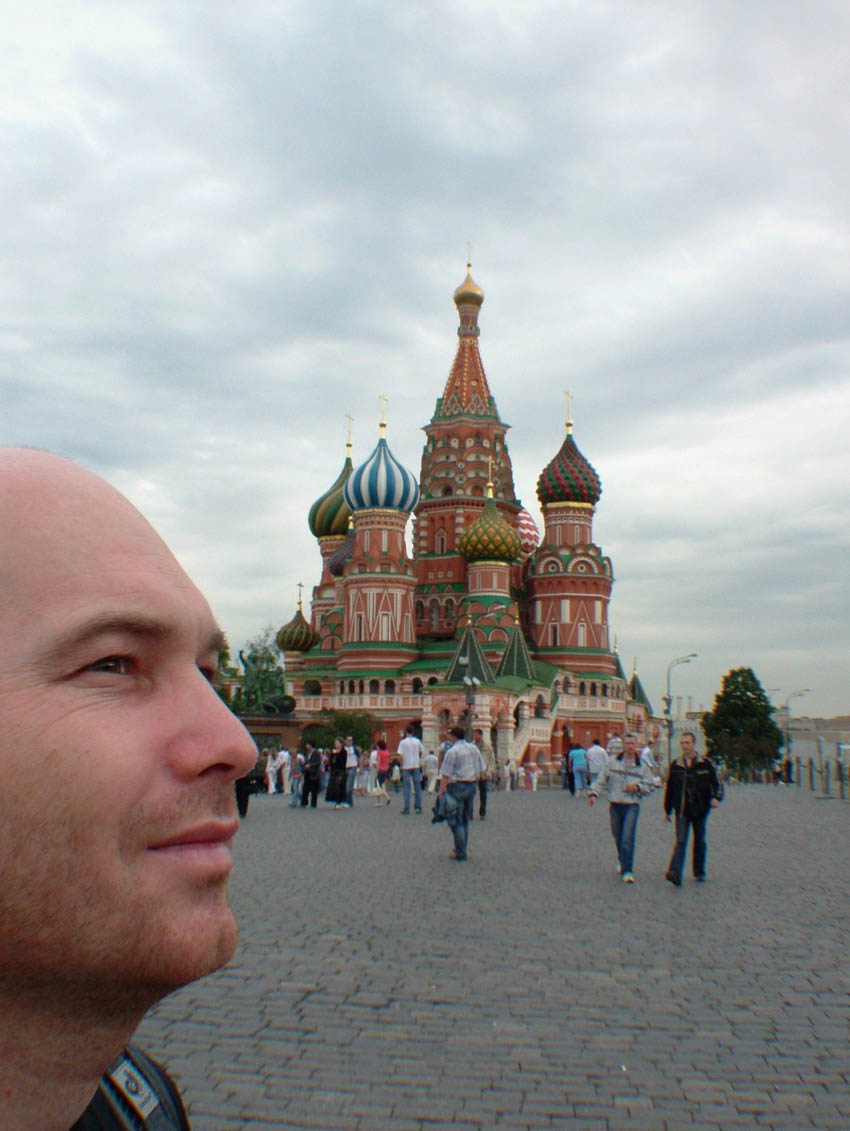




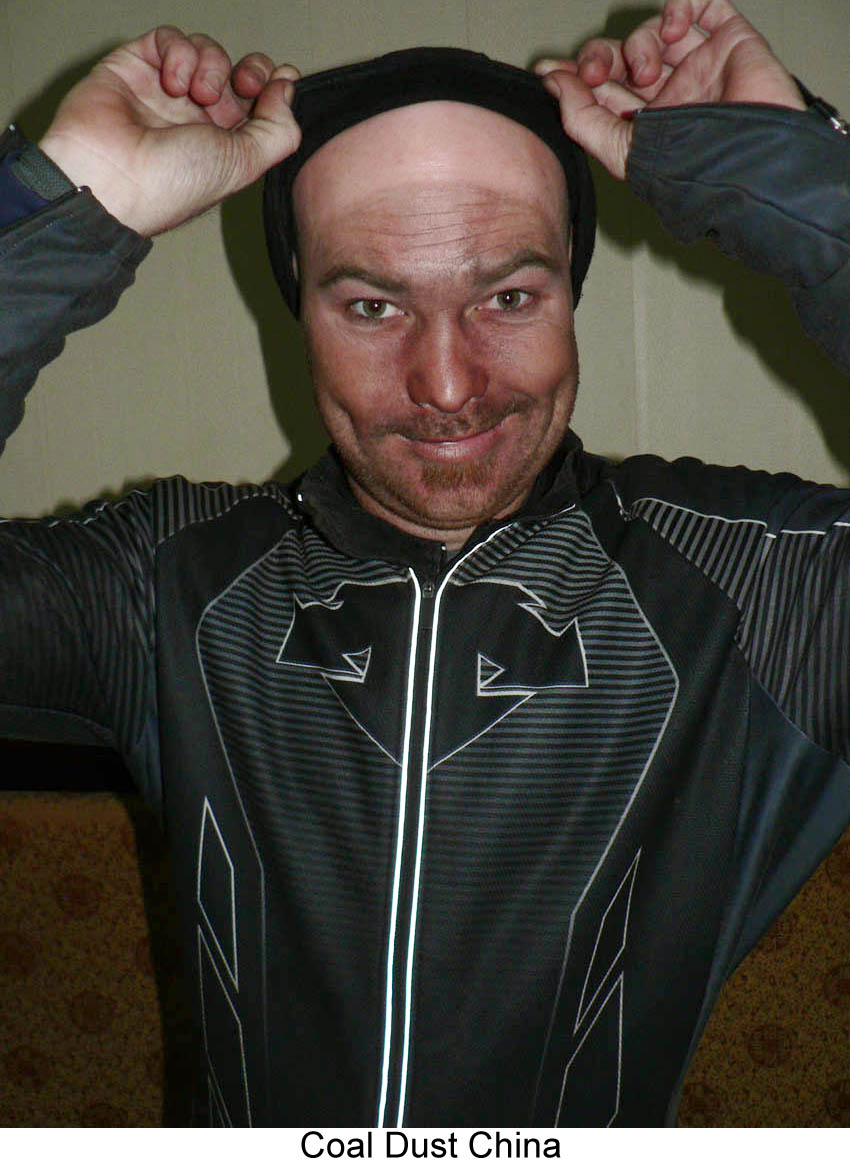


















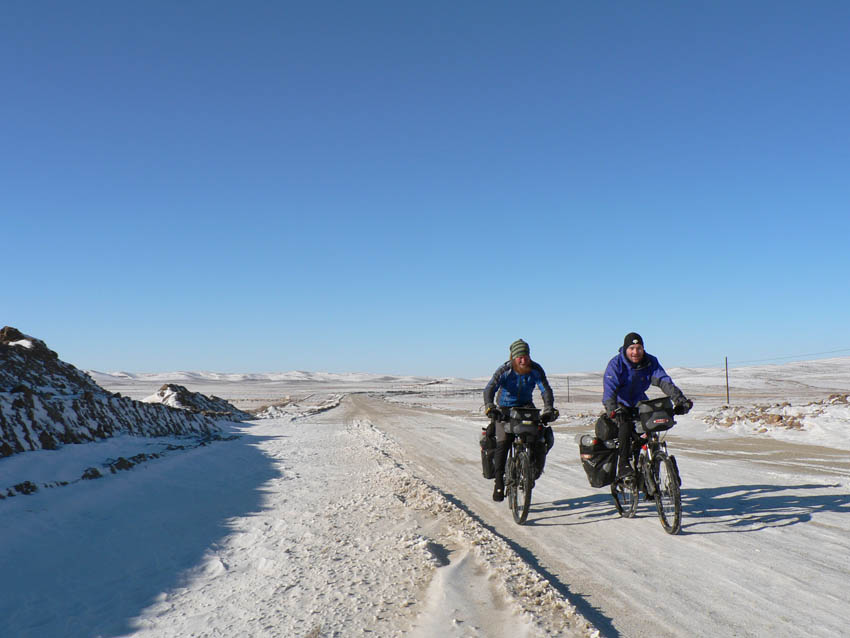

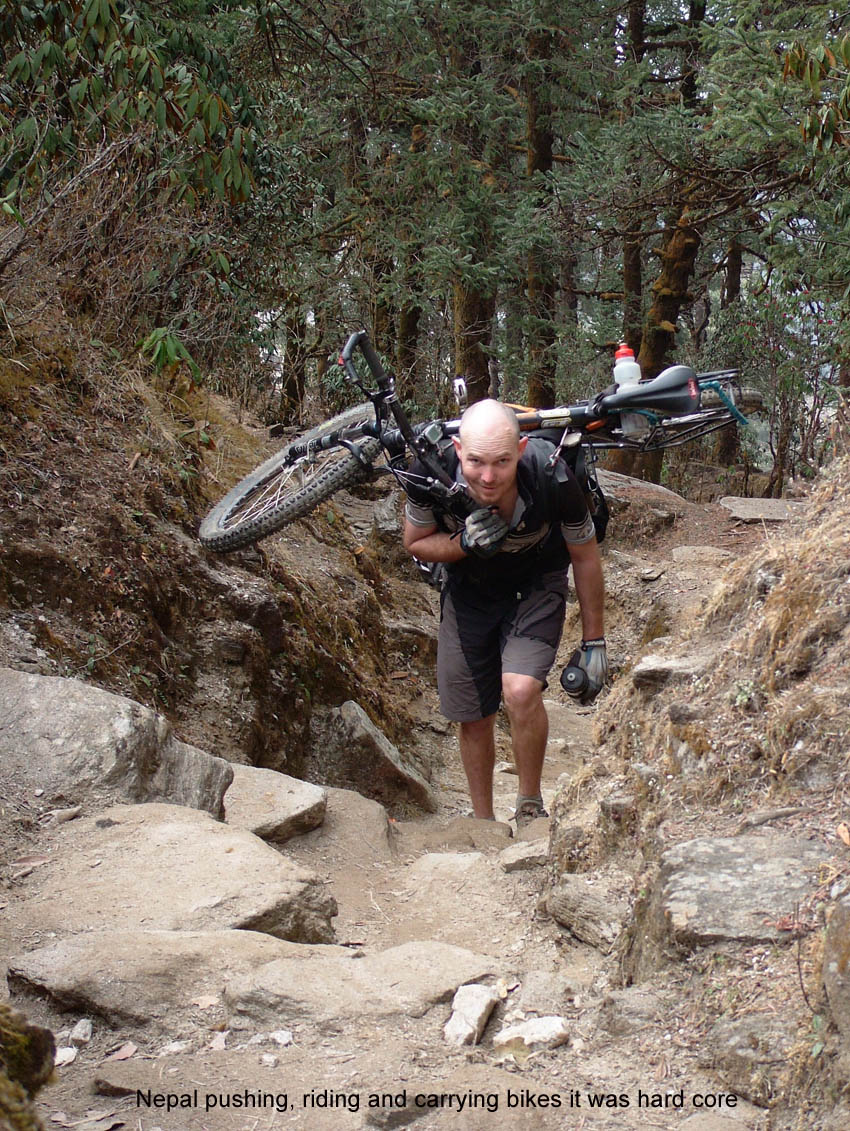

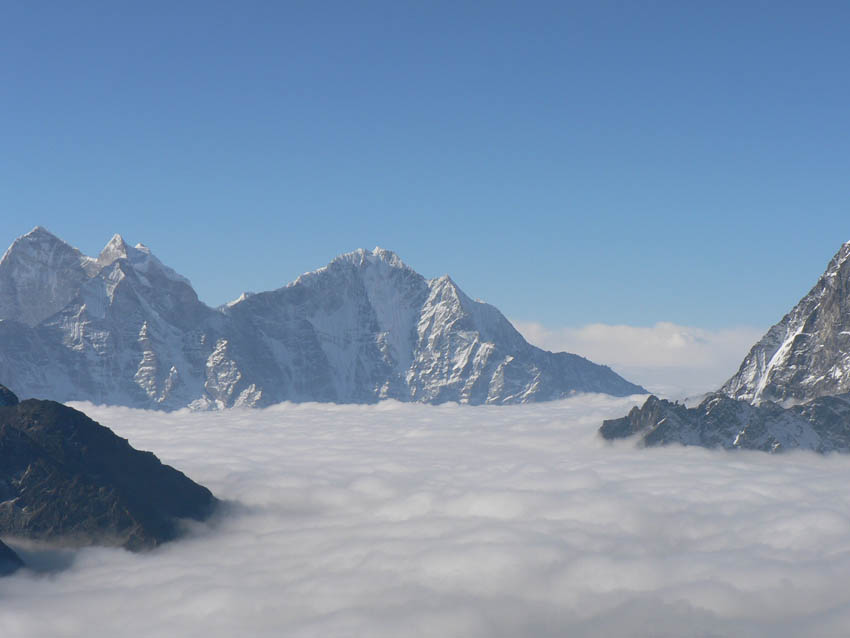




The NAVAD 1000, Swiss miles through breath taking mountainous landscapes.